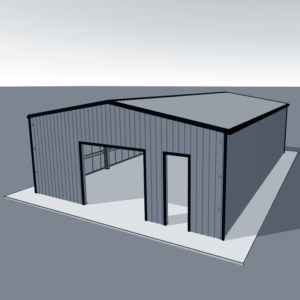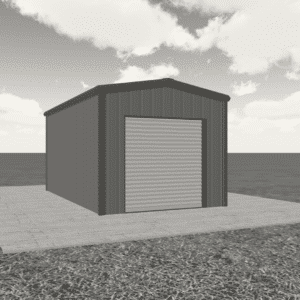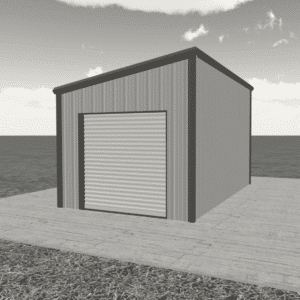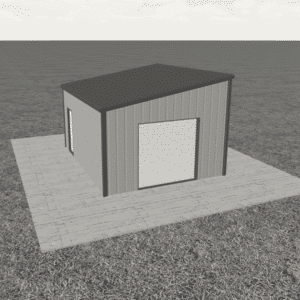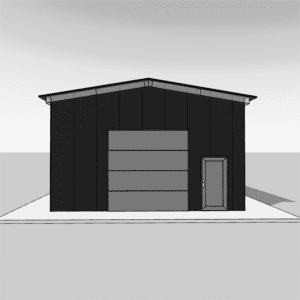In our fast-paced, bustling world, have you ever stopped to truly appreciate the serenity of a quiet room or the peaceful ambiance of a well-designed public space? While aesthetics often steal the limelight in architectural discussions, there’s a hidden hero ensuring our buildings sound as good as they look. Enter: Acoustic Engineering. But what role does this field play in the realm of modern architecture? Let’s unveil the silent significance of acoustic engineering and its ever-growing impact on our built environment.
The Symphony of Sound in Architecture
Understanding Acoustic Engineering
At its core, acoustic engineering focuses on the science and design of sound within buildings. Whether it’s managing unwanted noise from busy streets or enhancing the sound quality in an auditorium, acoustic engineering ensures the sonic experience complements the architectural vision.
Why It Matters More Than Ever
In an increasingly urbanized world, noise pollution becomes a pressing concern. Acoustic engineering is the guardian against this intrusion, crafting sanctuaries of sound, making homes, offices, and public spaces not just visually pleasing, but aurally comfortable as well.
Bridging Aesthetics with Acoustics
Integrative Approach in Design
Modern architects and acoustic engineers collaborate closely. They ensure that a building’s design, while being aesthetically impressive, doesn’t compromise on its acoustic performance. From the choice of materials to the spatial arrangements, every decision undergoes scrutiny for its sonic implications.
Tackling Challenges Head-on
Incorporating sound design doesn’t come without challenges. Urban areas, for instance, bring forth issues like traffic noise. However, with innovative solutions like those used to Tackle Construction Waste, architects and engineers have developed adaptive strategies to manage these hurdles efficiently.
Acoustic Engineering in Action
Homes: Personal Havens
From ensuring the baby’s room remains quiet to making sure your home theater offers the best audio experience, acoustic engineering plays a pivotal role in residential spaces. This attention to detail is evident in Home Builders Services, where experts meticulously consider sound design.
Custom Spaces with Acoustic Precision
Tailored spaces, like recording studios or theaters, demand high acoustic precision. Companies offering Custom Buildings solutions ensure that such structures meet the precise sound requirements, making them fit for purpose.
What the Future Holds: The Crescendo of Acoustic Design
As cities grow denser and the line between work and leisure blurs, the demand for better sound environments in our living and working spaces will only intensify. With advancements in soundproofing materials and design techniques, the future of acoustic engineering in architecture looks promising and resonant.
Conclusion
In the grand orchestration of modern architecture, acoustic engineering plays a melody that, while often silent, is crucial. It promises spaces that don’t just cater to our visual senses but to our auditory ones too. As we advance further into the 21st century, the harmonious integration of aesthetics and acoustics will define the success of architectural endeavors.
Considering the value of acoustic engineering for your next architectural project? Contact YourBuildingTeam today for expert guidance on creating spaces that look good and sound even better.


